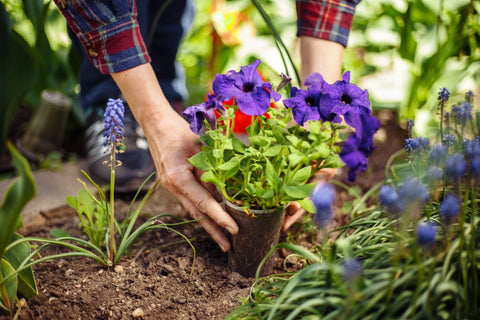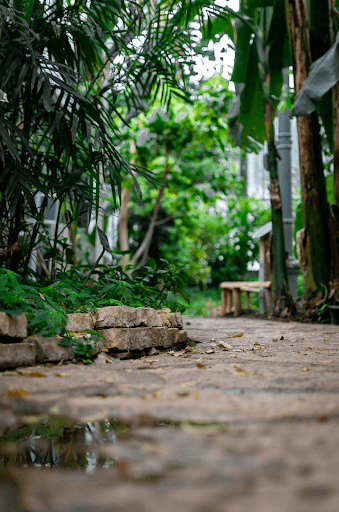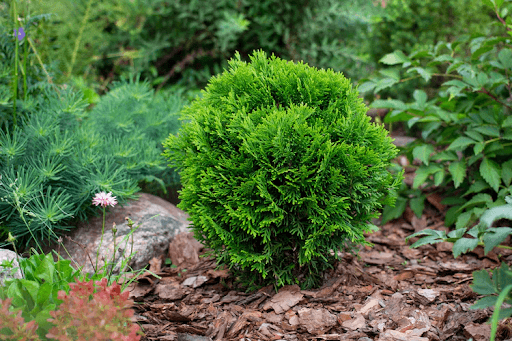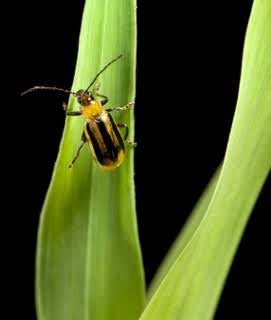1. Keep Your Garden Clean:
Your yard should be neat, especially as winter ends. That's when animals, including bugs, awaken from winter sleep and search for food. Insect eggs and fungi can hide in leaves and other dead materials. Get rid of them regularly to protect your plants without using chemicals. Avoid leaving behind mounds of leaves and twigs when you rake or prune your plants. Those warm heaps are breeding grounds for insects, microorganisms, and fungi. Not every bug is a threat to your garden. These bugs decompose old plant matter, which can act as mulch or compost.







